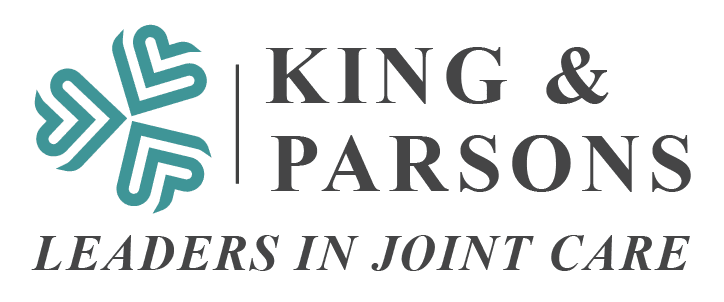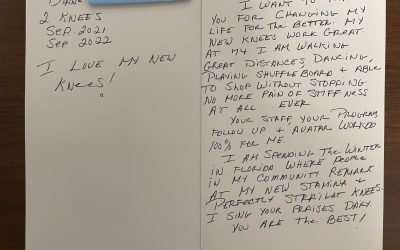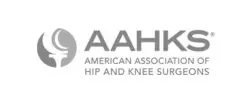Infections after joint replacement surgery can be a devastating complication requiring additional surgery and substantially impacting health-related quality of life. Severe or long-standing cases may require removal of the implant and placement of a temporary joint spacer to eradicate the infection. The cost of such treatment is more than financial as it can negatively impact patients’ ability to work, engage in physical and leisure time activity, and ultimately lead to poor outcomes. The best treatment for infection is prevention, and there are steps that can be taken to minimize the risk. These include steps patients can take and those that surgeons can take.
1. Risk Factor Modification: joint replacement infections are associated with specific risk factors including obesity, smoking, poorly controlled diabetes, poor nutrition and general physical unhealth. Patients can reduce their risk of infection by modifying these risk factors in advance of surgery. Weight loss, smoking cessation, general health optimization and improved nutrition can all lower the risk of infection and lead to better overall healing and outcomes.
2. Vitamin-D: recent research points to Vitamin D deficiency as a modifiable risk factor for infection after joint replacement. As people spend more time indoors and get less natural sunlight, Vitamin D deficiency may be common and undiagnosed, particularly in northern climates like New England. Vitamin D repletion in advance of surgery can boost the body’s immune system and lower the risk of infection.
3. Other Vitamins and Minerals. Zinc, Vitamin C, Vitamin A and natural anti-oxidants can also boost immunity and improve wound healing. Anti-oxidants can be found in many foods, including berries, dark leafy green vegetables, beans and nuts. Improving your diet before surgery by reducing empty calories with sugar and processed foods can benefit your outcomes.
4. Surgical Factors: there is ample evidence that irrigation of the surgical wound with an antiseptic wash at the time of surgery can reduce infections. Either dilute Betadine or Irrisept which contains chlorhexidine can kill any bacteria that may enter the wound from the skin. This should be a routine practice for all implant surgery. Meticulous wound closure is also paramount. Draining wounds lead to infections. Dry wounds seldom do. There are many ways wounds can be closed but whatever the chosen method, the wound must not drain after surgery.
5. Antibiotics: Administration of antibiotics for 24 hours during and after surgery is routine for all joint replacements. There is some data that in patients with risk factors for infection, additional antibiotics can be prescribed for 1-3 weeks after surgery during the wound healing process. While somewhat controversial, we have adopted the practice in higher risk patients because of the devastating consequences of infection.
Despite these efforts, infections can still occur but fortunately at a rate of about 1% or less. Because several of these preventative tips rely on the patient engaging in behavior modification, education about what patients can do in advance to control and mitigate their risk is paramount.














